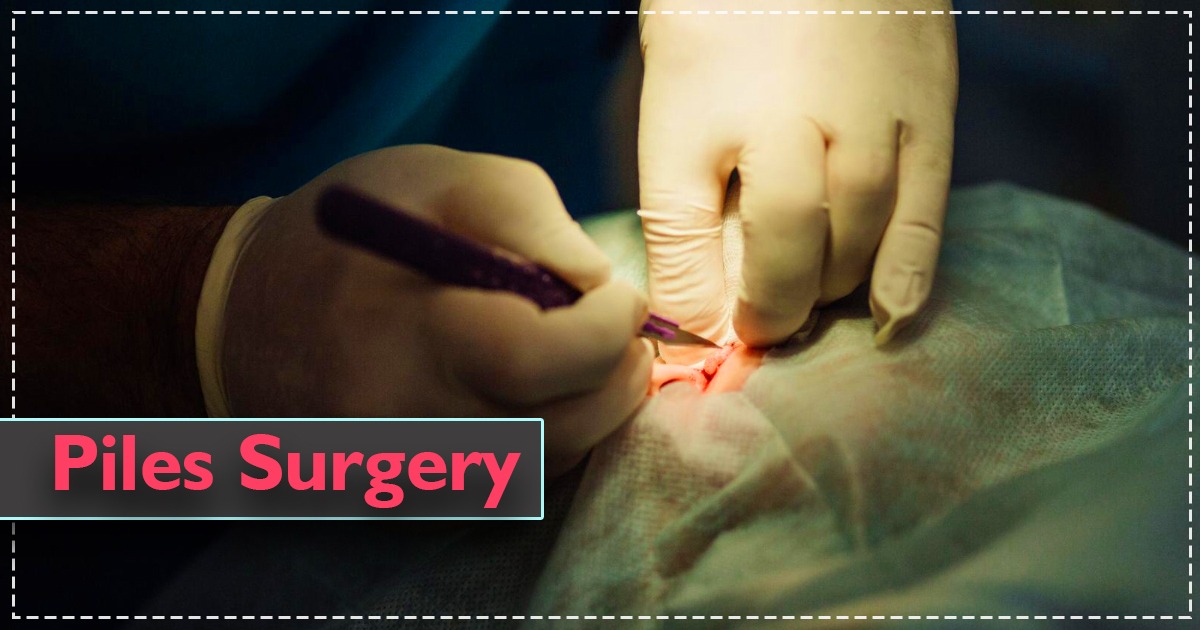Call Now:
+91 93308 06699 (Argha - Secretary)
Dr. Suddhasattwa Sen
Piles Surgeon in Kolkata, West Bengal
MBBS ( Hons. Gold Medalist) , MS ( Gold Medalist) , DNB ( Gen Surg., All India Gold Medalist) , MRCS ( UK) , MNAMS ( IND ) , FMAS ( AMASI ) DNB ( GI HPB Surg. ) , FICS ( USA) , Fellow HPB and Liver Transplant ( Sir Gangaram and Apollo Delhi ) , CC Endohernia and Solid organ Surgery ( Ethicon ) , CC UGI and VATS surgery ( Calicut ) , CC Laparoscopic Colorectal Surg. ( Pune ) , Obs Fellow GI HPB Colorectal surgery (SGPGIMS , Lucknow , GB Pant , Delhi) .
Sr. Consultant and Chief GI HPB Colorectal and Oncosurgeon , Techno Dama Hospital , Kolkata.
Former Director & Sr. Consultant, Dept of GI HPB Colorectal and Oncosurgery, IRIS Hospital , Kolkata.
Former Head of Dept & Medical Advisory Board and Sr Consultant , Dept of GI HPB surgery & Oncosurgery,AMRI Dhk , Kolkata.
Former Director ( Jt ) and Sr. Consultant, Dept of GI HPB and Oncosurgery, Medica Hospital , Kolkata.
Former Sr Consultant , Dept. of GI HPB surgery and Liver Transplant, Fortis Hospital , Kolkata.
Former Sr Consultant, Dept. of GI HPB and Liver Transplant, Apollo Gleneagles Hospital , Kolkata.
Past - CMRI , EEDF , Woodlands , Bellevue , SSKM , RGKMC.
Piles Surgery
Constipation begets piles. This disease occurs at the end of fistula and rectum. Commonly in males, this disease occurs after the age of 25 years. It is a common disease. Its patients are found not only in India but the whole world. Foods containing chilli-spices and fried stuffs are extensively eaten in our country, therefore, this disease is commonly found in our people.
Urbanites are more afflicted by this disease than villagers. This disease is very common in the states of Punjab, Rajasthan, Assam, West Bengal, Orissa, Bihar, For some reason some portion of the blood carrying veins in the periphery of rectum swells and emerges out of the surface, this situation is called Piles. Piles is known as warts. The patient sufferers' enormous pain.
As this disease occurs at the end of fistula and rectum the patient normally does not divulge the situation of disease due to shame but is unable to bear enormous pain.
In this disease blood comes out from rectum while defecating. Sometimes the moles of piles come out and again go inside the rectum while defecating. Apart from this the patient feels sensations, itching and pain. I would like to let you know a fact. Many times bleeding is not due to piles but due to other diseases, eg ulcer or cancer in the large intestine.
SYMPTOMS:
• Burning and pain in anus
• Itching in anus
• Frequent urge for evacuation
• Discharge of blood due to pressure during evacuation
• Loss of appetite
• Yellowish face due to extensive bleeding
• Feeling of heaviness at the opening of anus
PILES CAUSES:
• strain to empty your bowels (eg if you have constipation)
• eat a low-fiber diet
• have long-lasting (chronic) diarrhoea
• are pregnant - due to the effect of hormones on the blood vessels, plus the increasing weight of the baby within your abdomen
• have a family history of piles
• have cancer or growths in your pelvis or bowel, which may put pressure on your abdomen Diagnosis
Your GP will ask about your symptoms and examine you. This may involve a rectal examination, where he or she will gently insert a gloved finger into your back passage. Your GP may also ask you about your medical history.
To examine the walls of the anal canal, your doctor may use a proctoscope (also called an anoscope). This is a short tube with transparent walls, which can be gently passed into your back passage. Your GP may do this examination or refer you to see a hospital specialist. You won't need to have an anaesthetic.
A similar examination, using a longer tube called a sigmoidoscope, allows your doctor to view the lower part of the large bowel and helps to rule out problems in the rectum.
At hospital, the whole of your large bowel can be viewed with a colonoscopy. A colonoscopy is a test that allows your doctor to look inside your large bowel using a narrow, flexible, tube-like telescope called a colonoscope. For more information, see Related topics.
TYPES OF PILES:
Although piles develop from inside the anal canal, they can hang down out of their normal place. Piles can be described as follows.
Stages:
First degree piles are swellings on the inside lining of the anal canal. They bleed but can't be seen from outside the anus. Second degree piles are larger and stick out (or prolapse) from the anus when you open your bowels, but return on their own afterwards.
Third degree piles are similar, but hang out from the anus and only return inside when pushed back in. Fourth degree piles permanently hang down from the anus and you can't push them back inside. They may become extremely swollen and painful if the blood in them clots.
External Piles:
Swellings that develop from below the anal cushions are sometimes called external piles. They can be more painful than the other types of piles. Other causes of lumps around the anus can include a "sentinel pile", which is the painless skin tag that develops when a crack in the anus (an anal fissure) heals up. Also, a collection of blood under the skin, called a peri-anal haematoma, may also be referred to as a type of external pile. The treatment of these conditions is different from true piles.
TREATMENT
• Out-patient treatments : These are treatments that you can have in hospital, but you won't need to stay overnight.
• Banding : This is used mostly for second and third degree piles, but you can also have it if self-help treatments haven't worked for your first degree piles.
Your doctor will place a small elastic band just above the pile. This will cut off the blood supply to the pile, causing it to die and fall off after a few days. The raw area left behind will heal up naturally.
• Sclerotherapy: - This is an injection of an oily solution known as a sclerosant into first or second degree piles. The oil causes the pile to shrink and fall off.
• In-patient treatments: - These are treatments that you have in hospital. You may need to stay overnight so that your doctors can monitor your progress afterwards.
• Haemorrhoidectomy: - This is the surgical removal of piles. Your doctor may suggest a haemorrhoidectomy if you have third or fourth degree piles, or if banding or sclerotherapy hasn't worked.
The operation is done under general anaesthetic. This means you will be asleep during the operation and feel no pain. Typically, you must not eat or drink for about six hours before a general anaesthetic. However, some anaesthetists allow occasional sips of water until two hours beforehand.
Your surgeon will cut the pile away from the muscle underneath and tie off the blood vessels to prevent bleeding. The exposed wound area will then heal naturally. Your surgeon may use stitches to close the wound.
• Haemorrhoidopexy: - This is a newer surgical technique that involves removing a doughnut shaped piece of tissue to lift up the anal cushions, preventing them from prolapsing. Because a stapling instrument is used to join the two sides of the resulting wound, the operation is also called a stapled haemorrhoidopexy.
RISKS:
Those chronically straining with constipation, overweight people, liver cirrhosis, people with heavy lifting jobs, or standing for long period, after or during pregnancy. Here, the body mass actually press on the main blood vessels that returns blood to the heart.
About Surgery
Dr Suddhasattwa Sen
MBBS (Gold medalist), MS (Gold medalist), DNB (All India Gold medalist), MNAMS (IND), MRCS (UK), FICS (USA), DNB (SGE & HPB), FMAS (AMASI), Fellow HPB & Liver Transplant (Sir Gangaram, Apollo, Del), CC Lap Solid Organ Surgery (Ethicon), CC Endohernia (Ethicon), CC Lap Colorectal (Galaxy, Pune) / Lap UGI surgery and VATS (Calicut), OB. Fellow HPB & GIS (SGPGIMS, Lucknow / GB Pant, Del).
Contact Number:
+91 93308 06699 (Argha - Secretary)
Email:
drsss_surg@yahoo.co.in
arghamdk@gmail.com
drsen@bestgicancersurgeon.com

